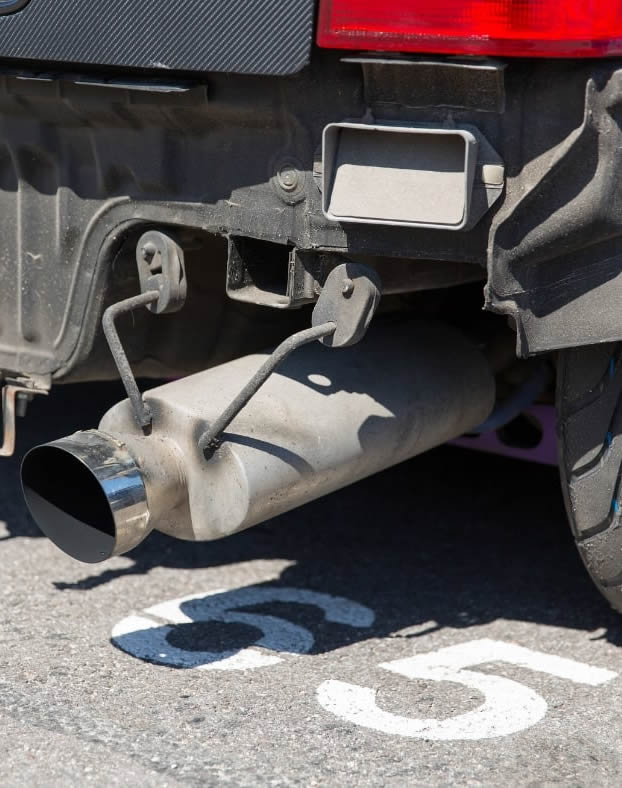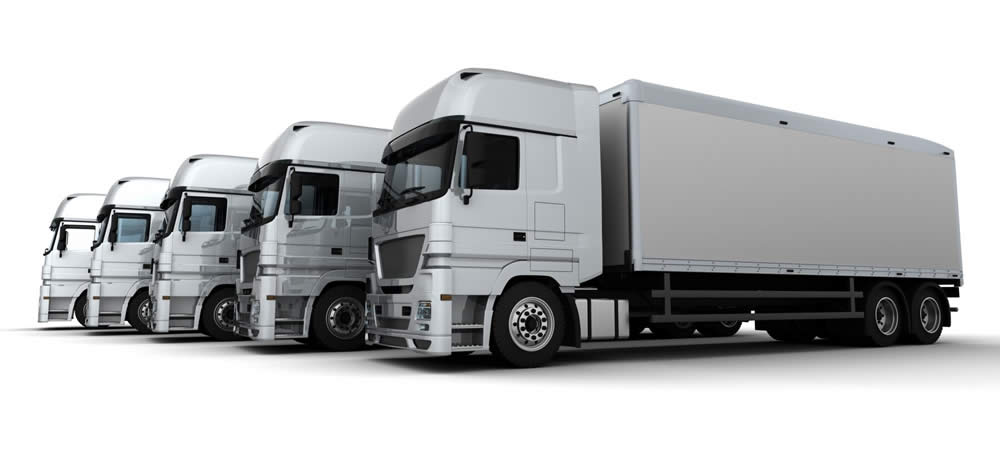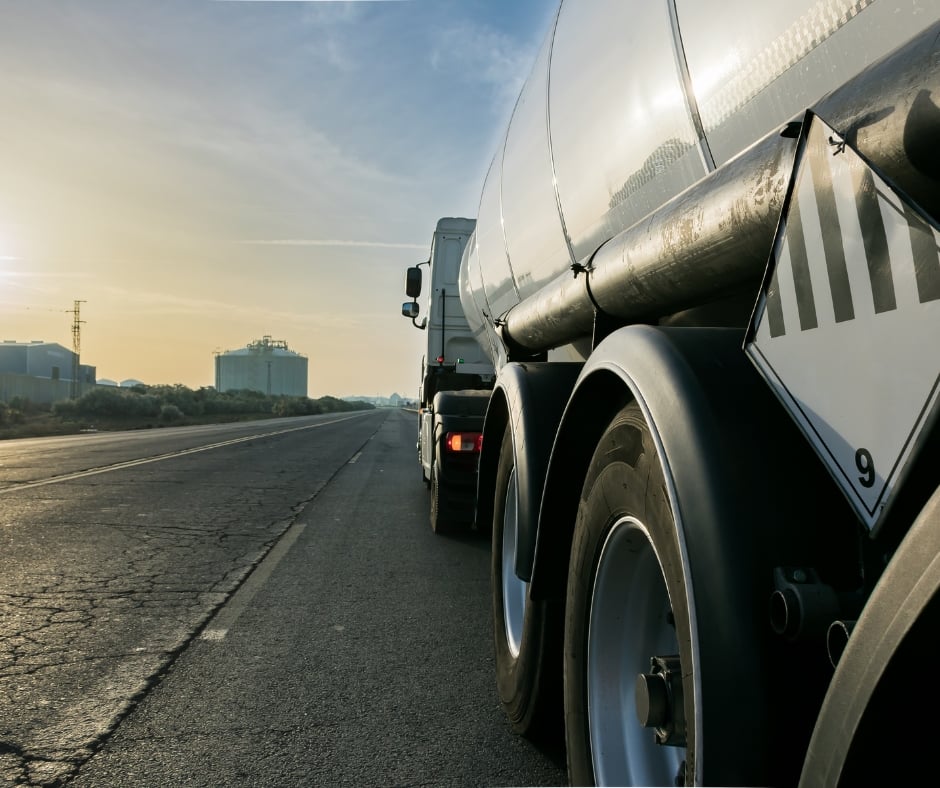No matter where your trucking company is located, if you move freight to and from California, you need to obtain special certifications. The California Air Resources Board, also known as CARB, puts special regulations in place for all diesel trucks that are at least 14,001 pounds.
Any drayage truck that transports freight either to or from ports and rails yards in California has to register with the CARB. The California Department of Motor Vehicles (DMV) started to enforce some of these regulations at the beginning of 2020, with the rest going into effect at the beginning of this year.
It’s important that if you want to move freight legally in California, you follow the necessary steps to obtain a CARB compliance certificate. Below, we’ll explain that process as well as what is involved.




